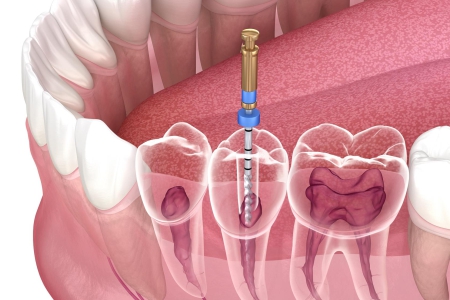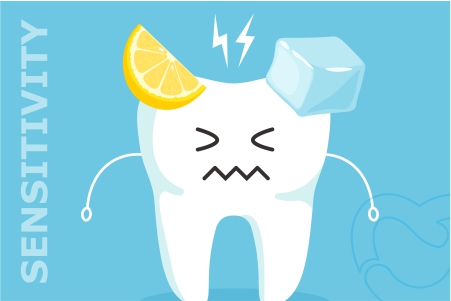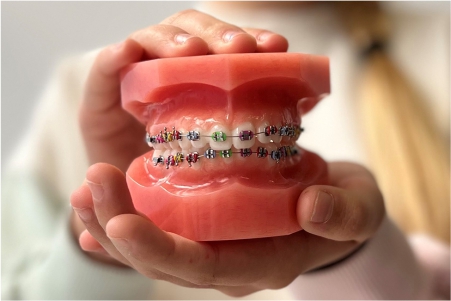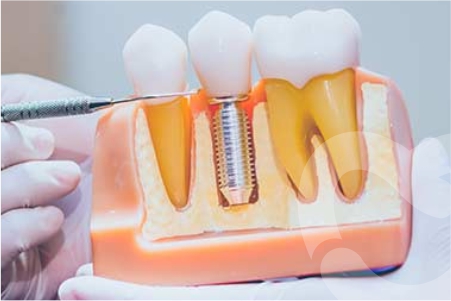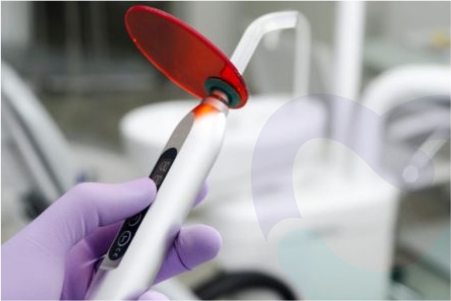
Dental problems sometimes require advanced treatments to preserve your teeth. One such procedure is root canal treatment, which can save a tooth from extraction caused by infection or severe damage.
If you experience tooth pain or your dentist recommends a root canal, understanding the procedure can be helpful. This guide provides all the important information about root canal treatment. It includes what you need to know at each stage of the process.
What is a Root Canal?
A root canal is a dental procedure designed to fix a damaged or infected tooth. Inside your tooth is a soft area called the pulp, which can become infected due to deep decay or a crack.
During the procedure, the dentist removes the infected pulp, cleans the tooth, and fills and seals it. This helps preserve the tooth and prevents it from extracting. After a root canal, your tooth can function normally without pain or further damage.
When is Root Canal Treatment Required?
Root canal treatment is necessary when the pulp inside a tooth is damaged or infected. This damage can be a result of deep decay, a cracked tooth, or repeated dental procedures. An endodontist, a specialist in root canal procedures, will determine if RCT is the right solution for you.
What Causes Pulp Damage?
Pulp damage can result from:
Deep Decay: Cavities that reach the pulp.
Cracked Tooth: A crack that allows bacteria to infect the pulp.
Repeated Dental Work: Multiple treatments on the same tooth.
Recognizing Symptoms of Pulp Damage
Signs that your tooth’s pulp may be damaged include:
Persistent Pain: Severe tooth pain, especially when chewing.
Increased Sensitivity: Sensitivity to hot or cold temperatures.
Tooth Staining: The darkening or change in color of the tooth.
How to Know If You Need an RCT?
Symptoms indicating you might need treatment include continuous pain, swelling around the tooth, or tenderness in the gums. These signs clearly show that you have infected or damaged pulp.
What Happens During a Root Canal?
The RCT procedure involves:
Removing the Damaged Pulp: The endodontist will access and remove the infected pulp.
Cleaning and Disinfecting: The specialist cleans and disinfects the inside of the tooth.
Filling and Sealing: To prevent further infection, the dentist fills the cleaned chamber with special material and seals.
What to Do Before and After RCT
Before Treatment: Consult with your dentist to discuss symptoms and get an X-ray.
Follow any pre-treatment instructions from your endodontist.
After Treatment: Attend follow-up appointments to ensure proper healing.
Maintain good oral hygiene and avoid hard or sticky foods.
The Benefits of Root Canal Treatment
The treatment keeps your natural tooth instead of removing it.
Reduces or eliminates pain caused by pulp damage.
Enables normal biting and chewing functions.
What is the Recovery Period After a Root Canal?
After a root canal, you might experience slight discomfort for a few days, which you can manage with pain relievers. Avoid chewing on the treated tooth until your dentist advises otherwise.
Follow up with your dentist for checkups and maintain good oral hygiene. Most people recover within a week. If you experience persistent pain or swelling, contact your dentist.
Conclusion
Knowing when you need a root canal, the symptoms, and understanding what to expect can help you make the right decisions about your dental care. Root canal treatment effectively saves a damaged tooth and restores its function.
If you are looking for the best root canal treatment in Belgaum, One Dentall is the ideal choice. It offers premium and affordable root canal services to meet your needs.
Frequently Asked Questions
What exactly is an RCT procedure?
A rootcanal removes infected pulp from a tooth, cleans it, and seals it to save the tooth.
How do I know if I need an RCT?
Symptoms like severe tooth pain, sensitivity, or swelling around the tooth may indicate the need for a root canal.
What are the common causes of tooth pulp damage?
Deep decay, cracks, or multiple dental procedures can damage the pulp inside the tooth.
What are the symptoms of an infected or damaged tooth pulp?
Persistent pain, sensitivity to hot or cold, and tooth discoloration are common signs.
Is the root canal procedure painful?
No, the procedure is done under local anesthesia, so it’s typically not painful.
How long does it take to feel better from a root canal treatment?
Most people recover in about a week with minimal discomfort.
What can I expect during the root canal procedure?
The dentist removes the infected pulp, cleans the tooth, and seals it to prevent further infection.
How do I take care of my tooth after a root canal treatment?
Avoid chewing on the treated tooth and maintain good oral hygiene.
What happens if I don't get a root canal when needed?
Without treatment, an infected tooth can lead to pain, abscess, or tooth loss.
Why should I choose One Dentall for my root canal treatment in Belgaum?
One Dentall offers affordable, high-quality root canal services with experienced specialists.






